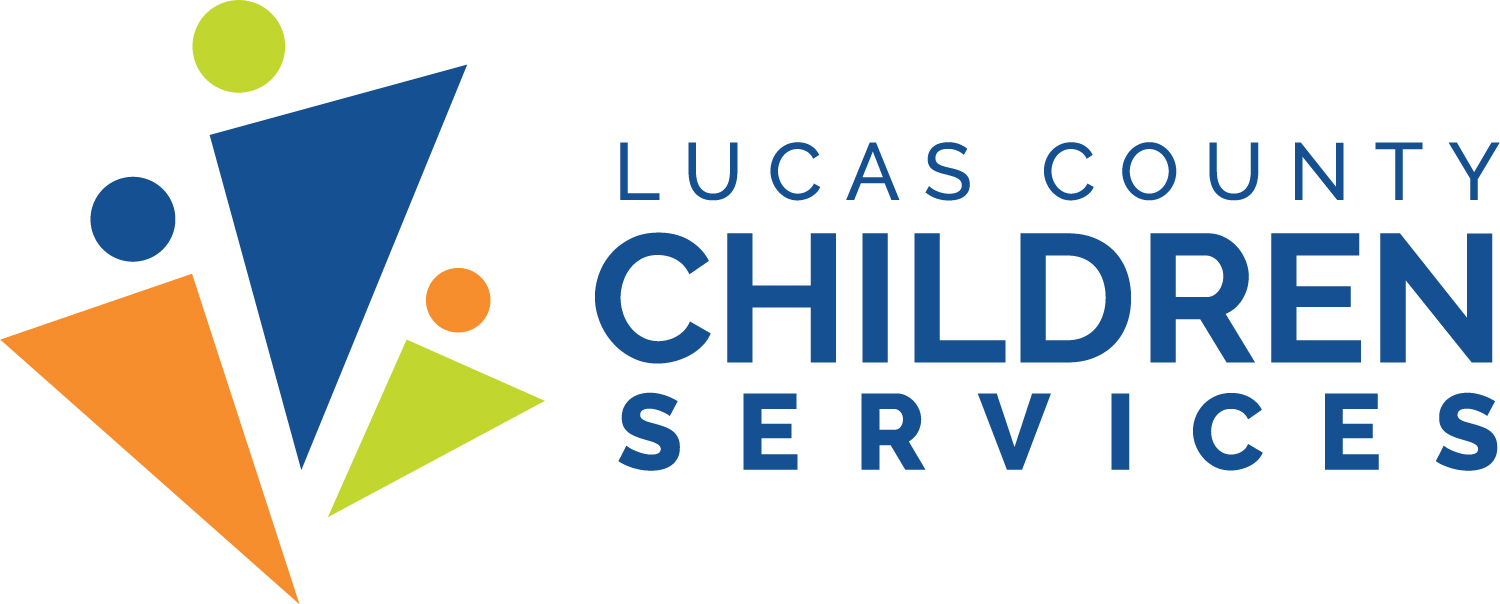Twenty-two-year old Tryshana Garraway feared she’d have to dip into her emergency savings to make her April rent, as she was about to age out of the Ohio BRIDGES program. The University of Toledo senior thought she would be on her own without the housing assistance the program supplied.
Ohio Governor Mike DeWine came to the rescue last Friday, announcing that the state will cover housing costs to keep more than 200 youth who are aging out of foster care in the foster care system until the COVID-19 pandemic ends. The Ohio BRIDGES program is included in the governor’s order, allowing young adults to maintain their housing, jobs, and education. “This program will provide these youth with a safety net during these unprecedented times and will ensure that no child leaves foster care during this pandemic without a safe place to call home,” said the governor, in a press release.
The announcement proved to be a game-changer for Tryshana, who has a year to go before graduating with a social work degree and a minor in criminal justice.
“I really appreciate the help that they’ve given me so far,” said Tryshana. “I’m almost there and something that’s helped me this far gets snatched from underneath me. They’ve helped me learn how to manage my money, how to pay bills. Now I can pay my rent for the next two months. I know I have the program to get it covered.
I’m very thankful he’s doing that.”
The governor’s order could impact as many as ten LCCS youth who are about to turn 18, are already age 18 and are soon to graduate high school, or are approaching emancipation, according to Community Development Manager Kris Kapela-McGuckin.
“Our number is actually quite low, but that is partly because our county does not automatically emancipate youth at age 18, like some other counties do,” she explained. “We allow youth to stay in custody if they are still working on their high school diploma. In addition, if the youth does not have a solid emancipation plan, it is difficult to have the court agree to the emancipation request.”
Collaboration will be important between Juvenile Court and LCCS for making these decisions on a case-by-case basis. Service providers, permanency connections, and family will be included as additional considerations for keeping these youth from emancipating during the crisis to ensure they are safely able to transition.
To this point, Tryshana has been very certain of her future, which may include one day working at LCCS if the opportunity arises.
“Growing up in foster care, I wanted to be that one social worker I never had,” said Tryshana. “I want to be caring and be actually be in a work to help people. So, I decided that’s what I’m going to do with my life—become the social worker that I never had. I’m hoping things go back to normal soon, but I’m thankful I have my family and have people who love me,” said Tryshana. “There are a lot of people who don’t have that.”

